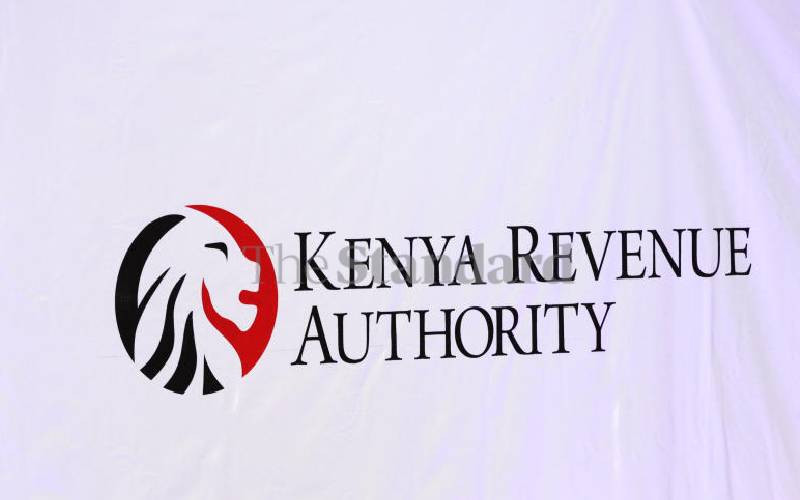×
The Standard e-Paper
Smart Minds Choose Us

A decision by a motor vehicle parts distributor to report unfair competition from its business rivals to the Kenya Revenue Authority (KRA) has come back to haunt them.